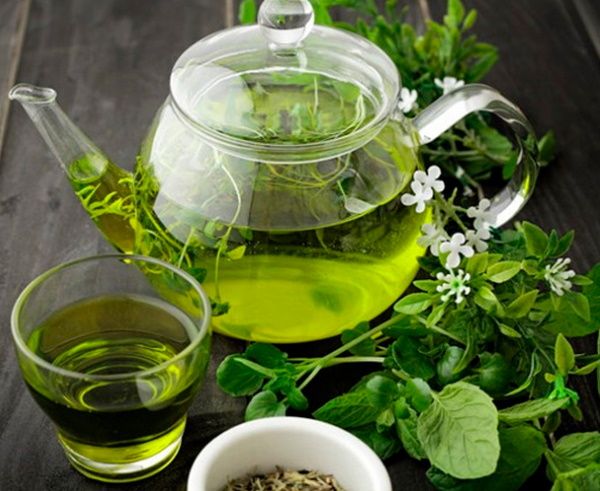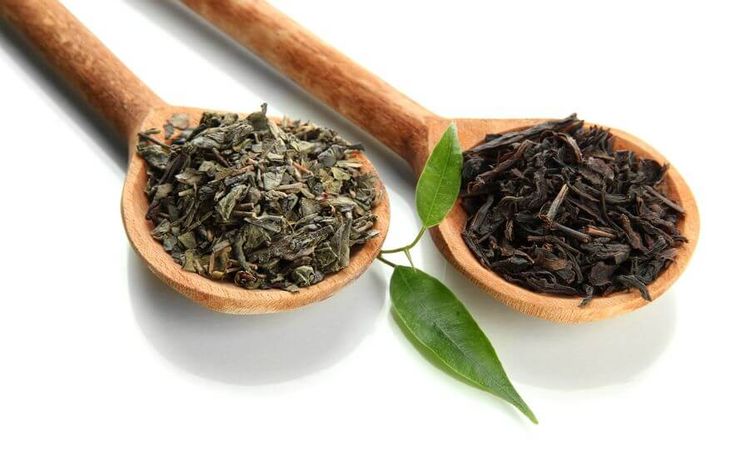In recent years, if “sugar-free” beverages have emerged as the superstars of the beverage industry, fermented drinks have steadily become the “gold mines” for sustained growth.
According to research by Bezos, in 2022, the global fermented beverage market reached a staggering ¥6.83 trillion, with China’s market alone reaching ¥2.05 trillion, surpassing the billion-yuan level of the sugar-free beverage track.
Fermented beverages encompass products made from raw materials such as dairy, fruits, vegetables, grains, and plants, undergoing fermentation with yeast, lactic acid bacteria, or other approved strains. Common examples include Kombucha, Kefir, and fruit vinegar drinks.

I.”Three Thousand Years Old” Kombucha
1. What is Kombucha?
Originating around 220 B.C. in the Bohai Sea area of China, Kombucha later spread to Siberia, the Caucasus, Lake Baikal, and eventually reached Japan in the 1970s. Kombucha, using tea-sugar-water as a fermentation substrate and a symbiotic culture of bacteria and yeast (SCOBY) as the fermenting agent, offers a sweet and sour taste, with its diverse microbial composition influencing its flavor.
2. Health Benefits of Kombucha
The fermentation process breaks down nutrients in tea, producing organic acids, vitamins, amino acids, flavonoids, and phenolic compounds. Kombucha is known to enhance digestion, stimulate the immune system, provide antioxidant effects, and protect the liver.
3. Market and Representative Products
Kombucha’s “natural and healthy” label propelled it to fame globally. Starbucks’ EvolutionFresh, MOJO, and KeVita are prominent brands acquired by Coca-Cola and PepsiCo. In Asia, Teazen’s organic Kombucha powder and Japan’s Meiji Kombucha highlight the drink’s global appeal.
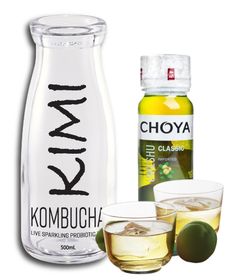
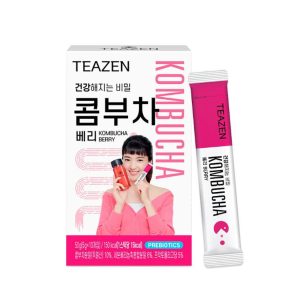
II.”Yogurt-Like Bubbly” Kefir
1. What is Kefir?
Originating from Central Asia, Kefir, made by fermenting milk with Kefir grains (a mixture of lactic acid bacteria and yeast), is rich in protein, fats, amino acids, probiotics, and lactic acid. Its key distinction from regular yogurt lies in the diversity of fermenting microorganisms.

2. Nutritional Value of Kefir
Kefir promotes digestive health by boosting gastric acid secretion, aiding in the absorption of calcium and phosphorus. Its fermentation process generates gas, resulting in a more effervescent and tangy taste compared to yogurt.
3. Kefir Products
Brands like Babushka in Australia and Yogourmet in Canada offer diverse Kefir products, catering to various tastes and preferences. These products focus on digestive health, anti-oxidation, and lactose intolerance.
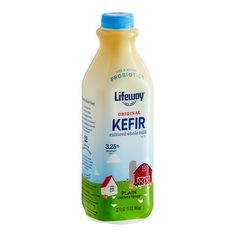
III. Rich Array of Fruit Vinegar Drinks
Compared to Kombucha and Kefir, fruit vinegar drinks, crafted from fruits and vegetables through fermentation, are more familiar to Chinese consumers. Enriched with vitamins, amino acids, minerals, and polyphenols, these drinks offer antioxidant, digestive, and lipid-regulating benefits.
1. Special Ingredients in Fruit Vinegar
Fruit vinegar, classified as single-type or compound-type, is distinguished by organic acid types such as apple acid, citric acid, and tartaric acid. These acids contribute to metabolism regulation, antioxidant properties, weight control, and antibacterial effects.
2. Beneficial Components and Product Diversity
Fruit vinegar’s unique components, derived from fruit residues, peels, and cores, enhance its health benefits. Market options extend beyond traditional apple vinegar to include various fruit-based concoctions.

In the evolution of humanity, fermentation has been a companion, enhancing flavors and nutritional possibilities in food. However, like all fermented foods, fermented beverages share benefits akin to probiotics. While homebrewing lacks control over alcohol production, industrial products address this concern, emphasizing moderate consumption.
References:
1.Dufresne, C., Farnworth, E. Tea, Kombucha, and health: A review. Food Research International,2000,33(6),409-421.
2.Tan Xinyue et al. Advances in the study of flavor-related functional microorganisms in Kombucha. Food Science,2020,41(11), 327-335.
3.Li Ruyi et al. Research status of Kombucha at home and abroad. Zhejiang Agricultural Journal,2020,32(12),2291-2302.
4.Li Jing et al. Functional components and antioxidant, hypoglycemic, and hypolipidemic effects of ice grape vinegar. China Condiment,2019,44(5),197-200.
5.Wang Min. Research status and development trend of fermented fruit vinegar beverages. Beverage Industry,2016,19(3),76-78.


